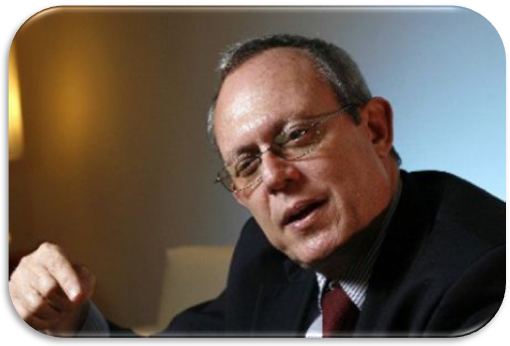
Published: 27 January 2012
Region: Asia

The United Nations champion of free speech Frank La Rue says when it comes to tackling the threat of violence and hate speech in Asia, media in the world’s biggest countries can learn from the example of media solidarity and self-restraint practiced in the small country of El Salvador, half a world away.
He was speaking after delivering a keynote address to a symposium on the topic of social media and the challenge of combating hate speech in Asia which was attended by the Media Diversity Institute, civil society activists, journalists and experts on free expression.
In an interview after the meeting he said that El Salvador editors had agreed to work together to reduce the impact of sensationalism and violence in the headlines. Editors of different newspapers had voluntarily agreed to abandon all publication of front page pictures of people killed in street violence – even though some owners believe that violence in the news sells more copies.
“When we defend free expression, we try to make clear that free speech should be used in the most respectful way, “said Frank La Rue, the UN Special Rapporteur on the right to freedom of opinion and expression, “But that doesn’t mean one can censor the expressions that we don’t like. Religion, spiritual and philosophical questions, for instance, should be open to debate.”
He was speaking in an interview after the symposium in Singapore for Cherian George for the Hate Spin web site where he focused on a growing crisis in terms of intereligous relations “In countries that are non-Muslim, and specifically countries that are Christian, there is a growing prejudice against Muslims, and that is very bad,” he warned. “In Egypt there have been acts of aggression against Coptic Christians while in Iraq, Sunnis and Shias confront each other.”
La Rue, who hails from Guatemala himself, struck an optimistic note with the example of El Salvador, another Central America state, where he said many newspapers peddle “nota roja”, or “red news” – basically news about violence. These newspapers normally have routinely published pictures of death and violence on the front page.
“So the newspapers made a decision,” he said, “a voluntary decision among the editors, that even though they are in competition they will never carry a photograph of violence on the front page.” Their idea was to avoid lurid pictures of death and violence at newspaper kiosks.
“They would have them inside,” he said, “but at least they were not going to have it on the front page. This is a voluntary form of responsibility which recognises how media plays a determining role.’
Milica Pesic, Executive Director of MDI, who attended the symposium, said that the key message of the symposium is that freedom of speech is best enjoyed in a media culture which treats everyone equally.
“When we stick to the principle of mutual respect there is no reason why religious freedom would in any way infringe on the human dignity and freedom of speech,” she said.
Click here for the full interview with Frank La Rue by Cherian George